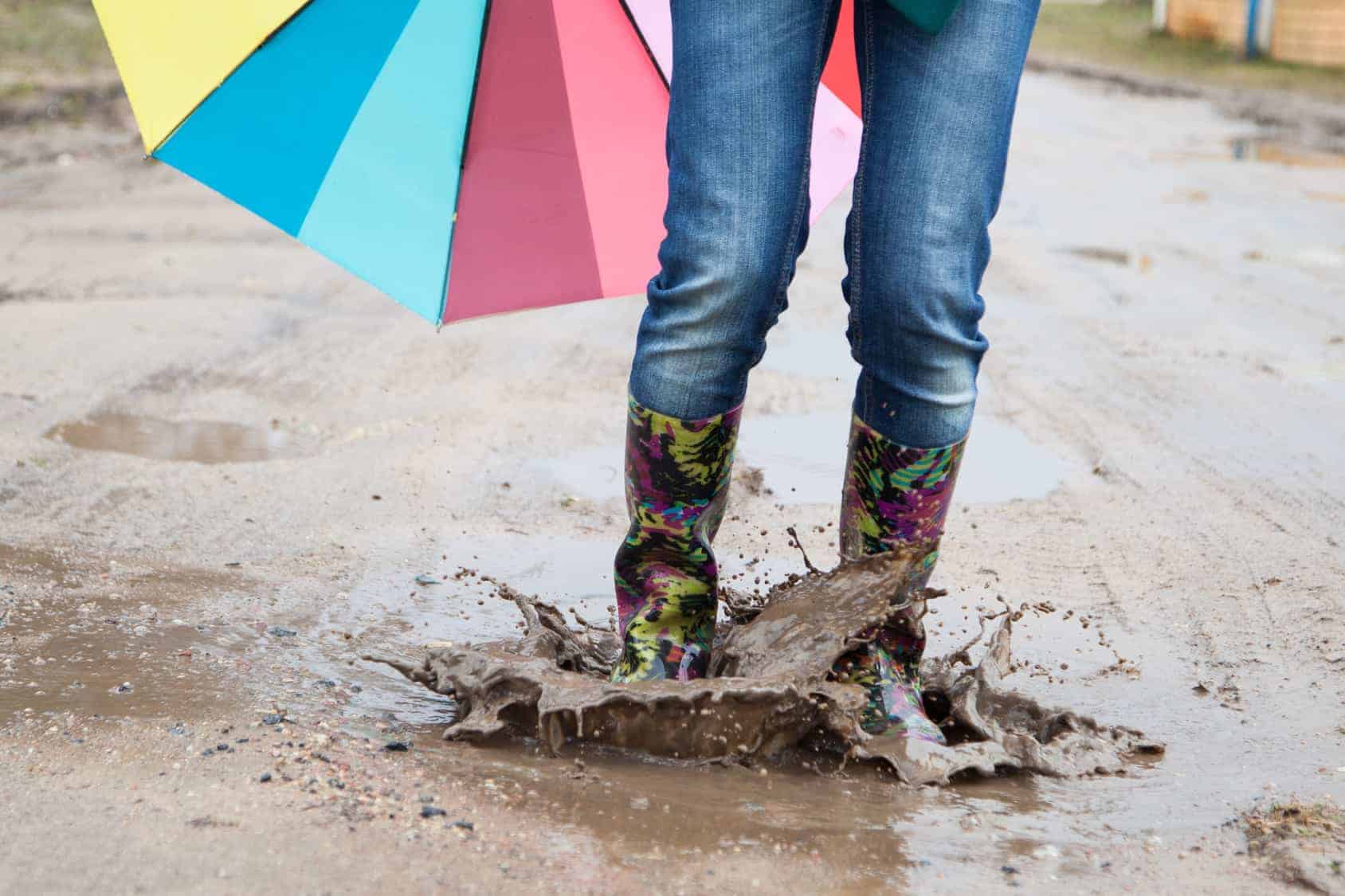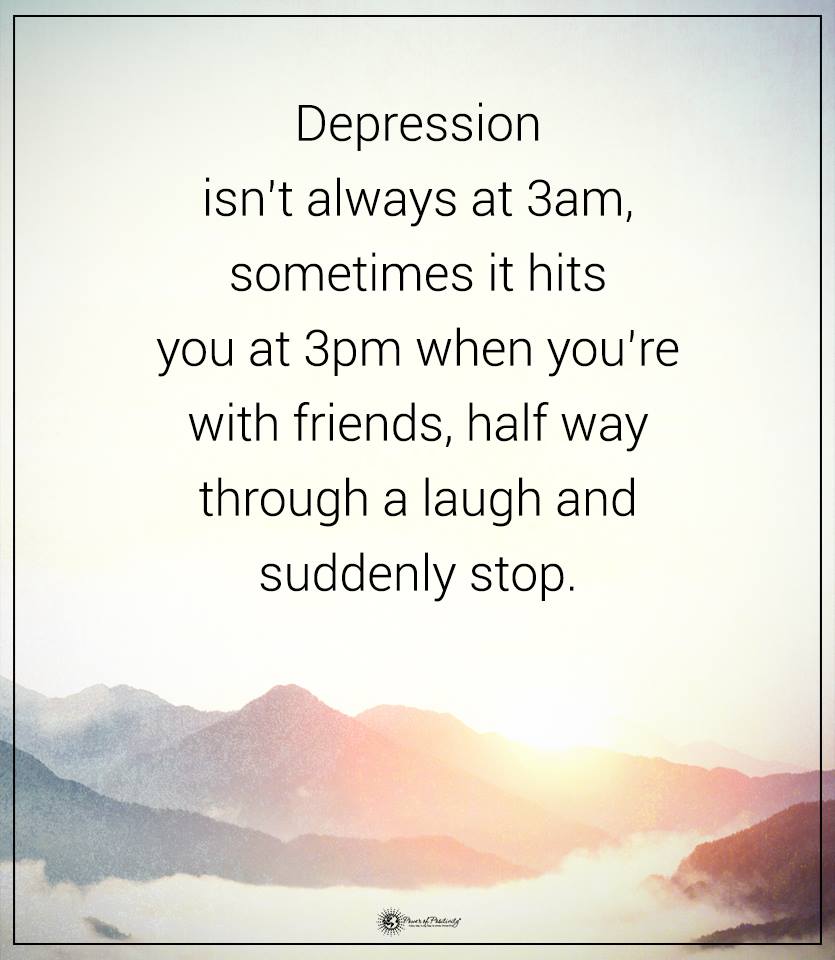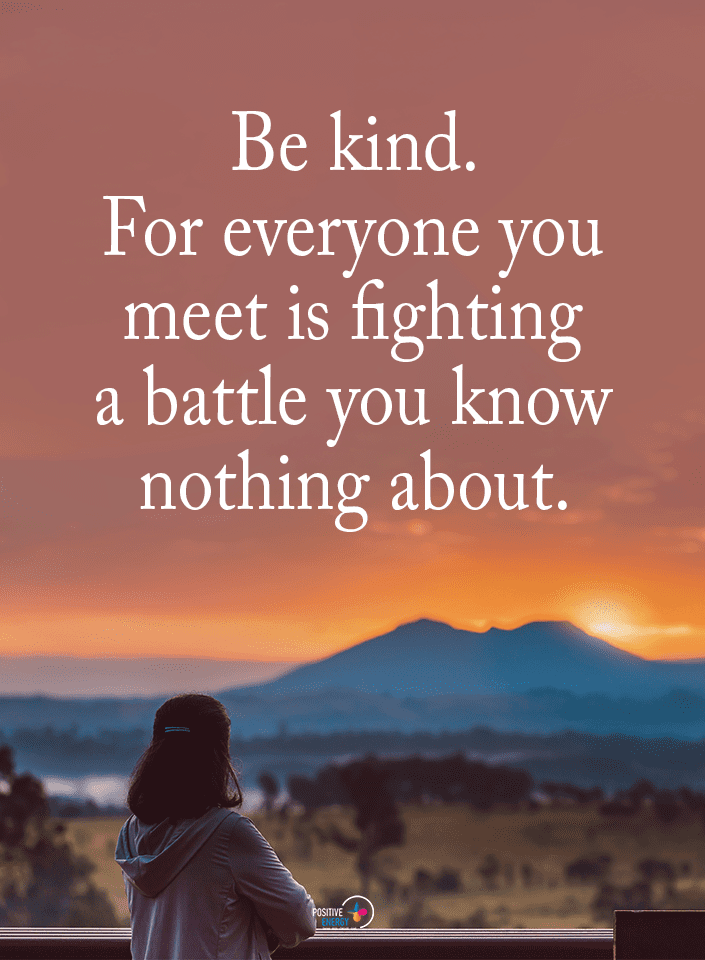When you were a kid, you never thought about dirt as something that could help people with depression – you played in dirt just for the fun of it. But now it seems your well-being could benefit from getting dirty.
Having the blues or feeling down when you have a setback is normal. Most of us will experience feelings of sadness, disappointment or loneliness periodically throughout our lives. Having these feelings for longer than two weeks or not being able to function normally as a result of a depressed mood is a sign of a more serious depression.
Some Depressing Statistics
According to the Depression and Bipolar Support Alliance:
- Major depressive disorder affects approximately 14.8 million American adults, or about 6.7 percent of the U.S. population age 18 and older, in a given year.
- Major depressive disorder is more prevalent in women than in men.
- The median age of onset for depression is 32.
- About six million people are affected by late-life depression, but only 10% ever receive treatment.
- Depression is the cause of over two-thirds of the 30,000 reported suicides in the U.S. each year.
- Up to 80% of those treated for depression show an improvement in their symptoms generally within 4 to 6 weeks of beginning medication, psychotherapy, attending support groups or a combination of these treatments.
- Despite its high treatment success rate, nearly two out of three people suffering with depression do not actively seek nor receive proper treatment.
Types of Depression
- Major depression. A period of depression that lasts two weeks or more and impacts your ability to enjoy life and function normally. Most people do not seek treatment if their depressed feelings are temporary, however, if you experience suicidal thoughts please call the National Suicide Prevention Lifeline at 800-273-TALK (8255) or text the Crisis Text Line at 988 for immediate help.
- Persistent depressive disorder. This type of depression lasts for two years or more. Treatment with antidepressants and therapy is usually the recommended treatment option for this type of depression.
- Bipolar disorder. People who are bipolar experience periods of depression and also periods of extremely high mood, usually associated with erratic behavior. This type of depression is characterized by the swings from high to low and back again. Mood stabilizing medications are usually recommended for those with bipolar depression.
- Seasonal Affective Disorder (SAD). In the winter, millions of people experience a minor depression due to the lack of natural sunlight. This seasonal depression is more common the further north that you live. Getting outdoors or using grow lights indoors is a way to help combat this type of depression. Some people require medication or therapy in addition to treatment with light.
You can read more about the signs and symptoms of depression here.
Here’s How Playing In Dirt Heals Depression
The Great Outdoors as a Cure for Depression
When it comes to mental health, going outdoors is an easy solution for a mental boost. One study found that among elderly adults, those who went outdoors more often were less physically impaired, scored less for depression and were more socially active than others of the same age who did not spend time outdoors.
Another study found that visiting a garden improved mood for depressed elderly patients at a nursing home. More than half of the nursing care residents who visited the garden improved their mood, quality of sleep, and ability to concentrate.
Dirt Healing for Depression
Not only is being outdoors uplifting to our mood, but actually getting bacteria in our bodies from dirt is healthy. The bacteria in dirt benefit our health, both physically and mentally. Many antibiotics, like penicillin come from the microbes found in dirt.
Most of the healthy bacteria that we need we can get from produce from the soil, like root vegetables. The bacteria that are good for us are responsible for healthy digestion exists in foods like yogurt, kefir, and probiotic supplements.
One bacteria, Mycobacterium vaccae, is getting some attention by researchers for how it plays a role in our mood. In a study of cancer patients at the Royal Marsden Hospital in London, those who received treatment with Mycobacterium vaccae reported better overall mood, well-being, cognitive function and had the added benefit of reduced pain sensitivity.
Another study in mice with the same bacteria found that the bacteria stimulated the immune system to respond by producing cytokines. The cytokines acted on receptors of sensory nerves and increased serotonin in the forebrain.
The higher levels of serotonin would account for reporting a better mood. Although the mice cannot tell the researchers how they feel emotionally, the researchers had them do a swimming performance test and the bacteria treated mice performed better.
Playing in dirt is an old, new-again, natural anti-depressant. If you’re looking to add dirt therapy to your lifestyle, start small with planting some herbs that you can grow in your window sill. After you re-pot the herbs into your planter, wipe the dirt off on your pants and maybe think about not washing your hands, just like you used to as a kid.















 Community
Community

